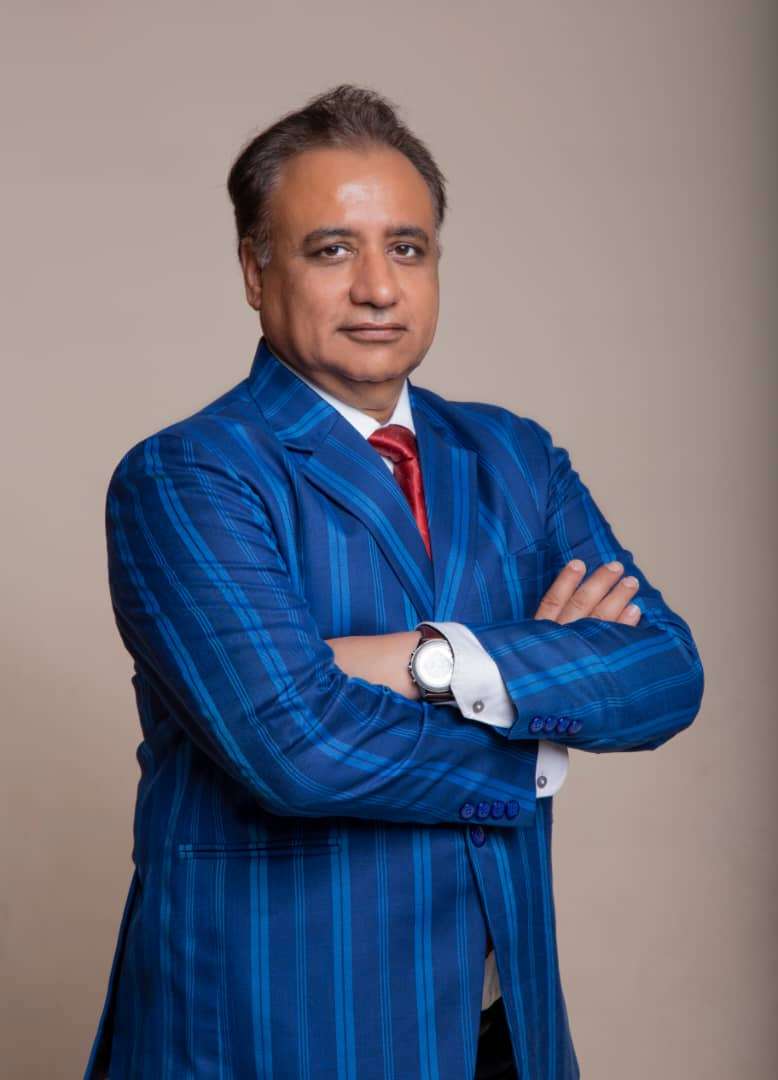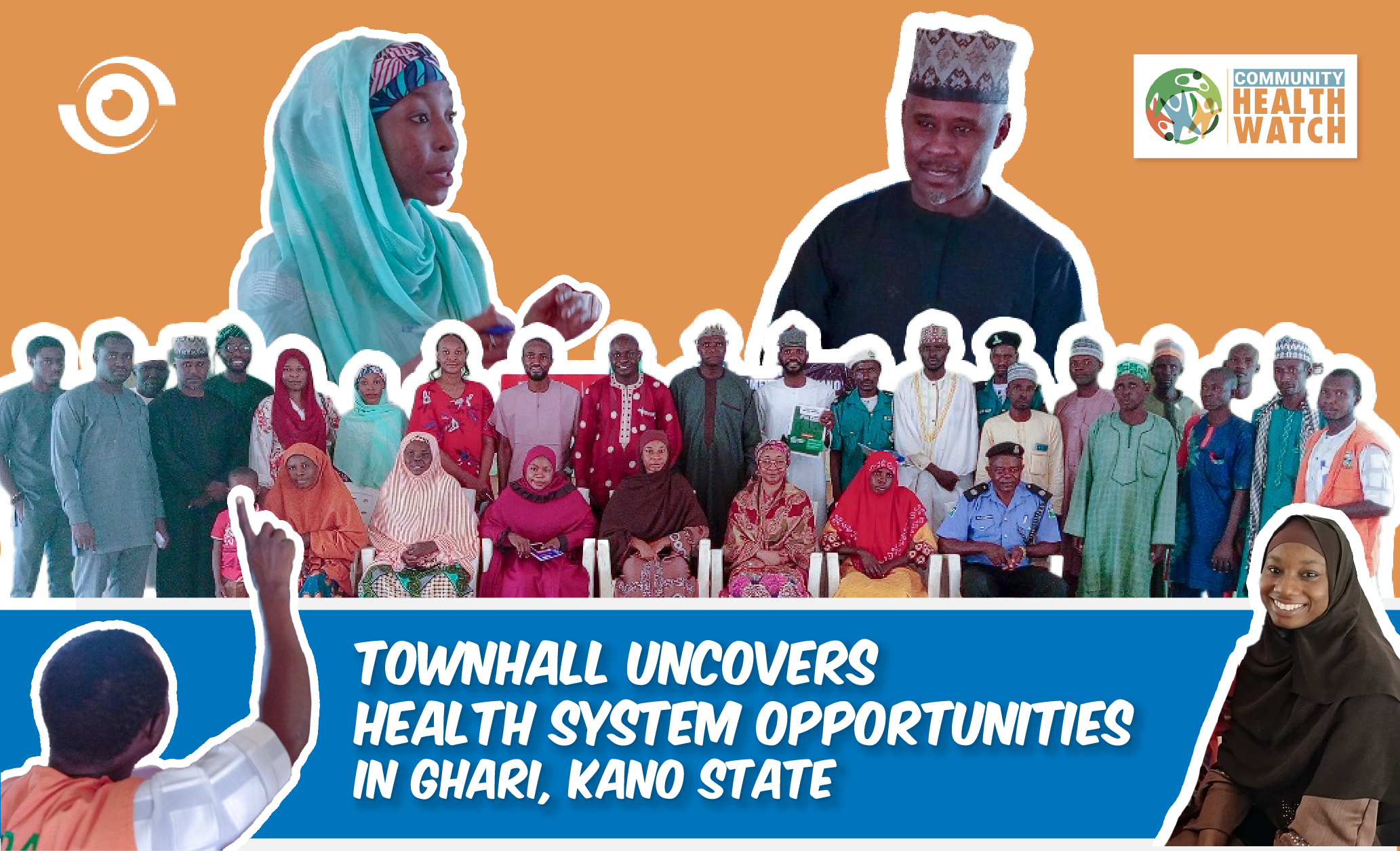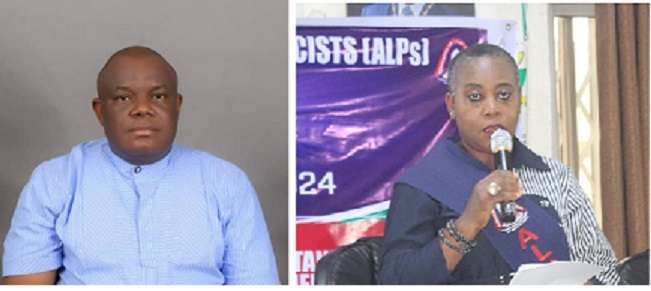Place your adverts here on InfoDig @ low rates; banner ads, sponsored links and guest articles etc. Contact us

Dr Iyabode Lola Oni is a specialist nurse consultant, educator, and advocate who has made monumental contributions to global healthcare through her pioneering work in the field of sickle cell and thalassaemia. A distinguished figure in haemoglobinopathies, Oni has spent over 40 years championing the rights and care of individuals affected by these genetic conditions, many of whom are from African and Caribbean communities. Her work has significantly improved clinical practices and patient outcomes, making her a foremost authority on sickle cell and thalassaemia worldwide.
Beyond clinical care, Oni has been at the forefront of shaping health policies and raising awareness about these conditions. She was instrumental in developing the UK’s first professionally accredited specialist course for haemoglobinopathies and played a pivotal role in establishing robust screening and counselling programmes for sickle cell and thalassaemia.
Oni’s educational initiatives have helped healthcare professionals understand the clinical standards needed to treat patients with these conditions effectively. In addition to mentoring countless nurses and healthcare workers, her advocacy has also extended to combating the deeply ingrained prejudices that often hinder the care of patients with sickle cell disease
Path to impact
Born in April 1956 in Nigeria, Oni’s father passed away shortly before her third birthday, and her mother, a nurse, brought the family to the UK when she was nine years old. She was drawn to the nursing profession from an early age, inspired by her mother’s elegant uniform and the idea of caring for others. After obtaining the necessary qualifications, she became a registered general nurse, midwife, and health visitor.
Oni’s path to specialising in sickle cell care came through a defining moment in her career. As a charge nurse, she encountered a patient suffering from a severe sickle cell crisis—a condition she had never heard of at the time. According to her, for the first time in her career, she found herself unable to help a patient whose life was in her hands. Although the patient survived, the experience made her realise the dire need for knowledge and expertise in treating haemoglobinopathies, sparking her lifelong dedication to improving care for patients with these conditions.
Oni’s impacts began to be felt in the mid-1980s when she became one of the first healthcare professionals in the UK to focus on the newly emerging field of sickle cell and thalassaemia. She was tremendously instrumental in the early development of this specialist field, serving first as a specialist health visitor at the Lambeth Sickle Cell and Thalassaemia Centre for several years.
A critical focus of her work during this period was the re-education of medical personnel. She realised that many doctors and nurses lacked the knowledge and understanding needed to provide effective care for sickle cell patients. To address this, she not only helped develop accredited courses but also delivered workshops and provided on-the-ground training across London hospitals. Her relentless push to “legitimise the pain” of sickle cell patients significantly helped shift attitudes in the medical community.
Oni also undertook a leadership position at the Brent Sickle Cell and Thalassaemia Centre, where she served as service director. Her expertise saw the development of one of the most comprehensive specialist services in the country. She led a multidisciplinary team that provided vital care, screening, and counselling to patients and their families, ensuring they received the support they needed.
Further education and academic leadership
Dr Oni’s passion for education saw her obtain a Bachelor of Education (Hons) from Southbank University and later a PhD from Surrey University in 2007, with a thesis on African and Caribbean people’s attitudes toward sickle cell disease. She took up an appointment as a lecturer at Normanby College, which later merged with King’s College London University, where she was appointed specialist subject lead and course leader for the first professionally accredited specialist programme in haemoglobinopathies in the UK.
Oni later returned to a full-time clinical role as service director at the Brent Sickle Cell and Thalassaemia Centre, Central Middlesex Hospital, leading a multidisciplinary team of health and allied professionals, managing a local and regional specialist service. She ultimately became a consultant nurse approved and endorsed by the University of West London.
Global contributions and policy advocacy
Oni has been a significant contributor to policy development and international advocacy for sickle cell and thalassaemia. She has served on several local, regional, and international committees. She was an inaugural member of the NHS England Antenatal and Newborn Sickle Cell and Thalassaemia National Screening Programme Committee (2002-2019). She co-founded and chaired the Sickle Cell & Thalassaemia Association of Nurses, Midwives, and Allied Professionals (STANMAP).
She was also a key member of the UK government’s Human Genetics Commission; member of the NHS England Chief Nursing Officer Black and Minority Ethnic Advisory Group; committee member of the Human Genetics Commission, Department of Health; committee member of the UK Haemoglobinopathy Forum until 2021; and an educational lead for the West London NHS Haemoglobinopathy Coordinating Centre (HCC). A Senior Fellow of the Inaugural Class of the Nigerian Leadership Initiative (NLI), she has mentored several nurses through the Nursing and Midwifery Council (NMC) professional working groups.
Aside from her massive contributions to academic journals, policy documents, and specialist training courses, Oni has authored and co-authored key instructional materials, including the widely used “Parents Guide to Managing a Child with Sickle Cell Disease”. This groundbreaking handbook has been adopted by the NHS and given to all parents of newly diagnosed babies and children in England, and adapted for use in Northern Ireland, Scotland, and Wales.
Oni’s expertise and advocacy have taken her beyond the UK. She has worked in Nigeria on several occasions, as well as in Guyana, Brazil, and Barbados, where she has lectured, mentored healthcare professionals, and contributed to global policy discussions. Her leadership in these international efforts has empowered health systems to better manage haemoglobinopathies, particularly in communities where these conditions are most prevalent.
Trailblazer for equality in healthcare
Throughout her career, Oni has been a champion for equality and has challenged the systemic racism that sickle cell patients often face. She noted that many healthcare professionals viewed young Black patients as “junkies” or a burden, and she worked hard to change these attitudes through re-education and training. Her emphasis on compassion and competent care has been pivotal in addressing the stigma surrounding sickle cell disease.
Her passion for justice extended to advocating for the rights of healthcare workers of Black and minority ethnic backgrounds. As a member of the NHS England Chief Nursing Officer Black and Minority Ethnic Advisory Group, she has worked to ensure greater representation and support for minority healthcare professionals.
Awards and legacy
Dr Oni’s contributions to healthcare have been recognised with numerous prestigious awards. In 2004, she was appointed an Officer of the Most Excellent Order of the British Empire (OBE) for her services to the NHS. In 2020, she was honoured with the Queen’s Nursing Institute (QNI) Lifetime Achievement Award, and in 2021, she was made a Fellow of the Royal College of Nursing (FRCN).
She has also received the Sickle Cell Society Award (1997), the NHS-70 Award from the Nigeria High Commission (2018), and the North-East London University Award for excellence in her field, among other accolades.
Now retired from her role as the service director at the Brent Sickle Cell and Thalassaemia Centre, Dr Lola Oni’s legacy lives on through her work as an educator, policy shaper, and advocate for compassionate, skilled care for patients with sickle cell disease and thalassaemia. Her drive to improve healthcare standards and challenge racism has made her a true hero of healthcare, not only in the UK but around the world.
Even in retirement, she remains an honorary lecturer at King’s College London, continuing to share her wealth of knowledge with future generations of healthcare professionals.

 2 hours ago
30
2 hours ago
30












)

)
